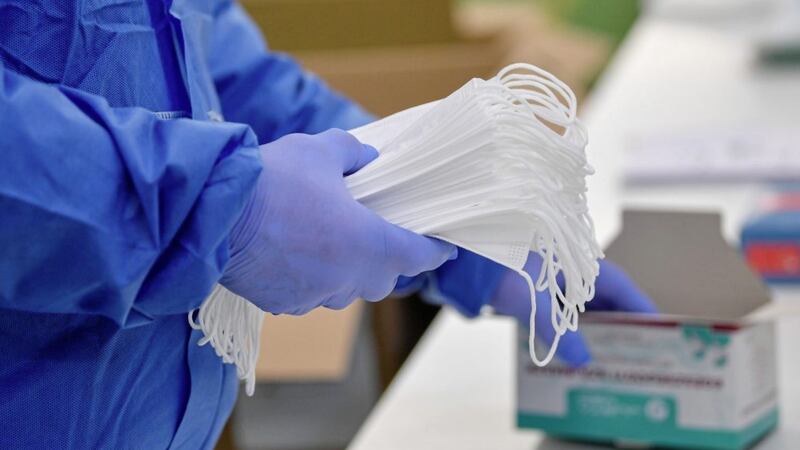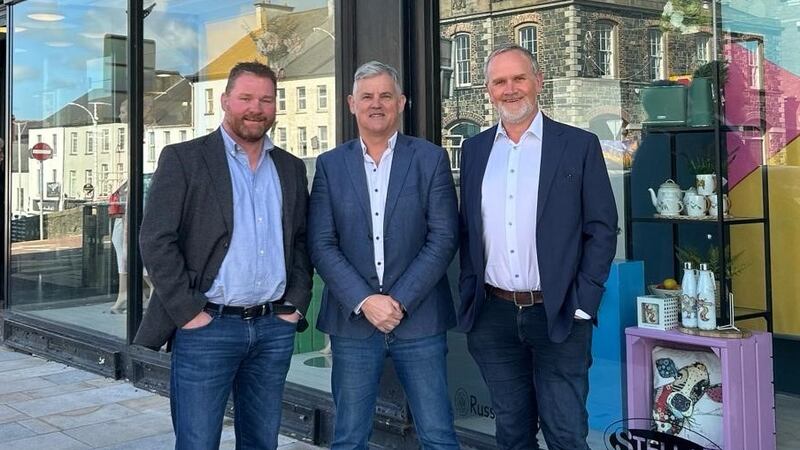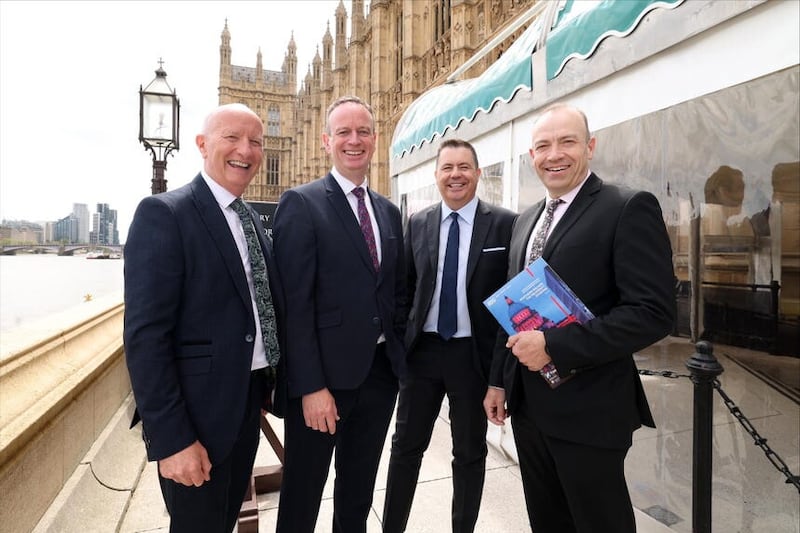DESPITE swift action to help protect firms and jobs by the Executive and UK Government, surveying from Manufacturing NI has signalled that we are fighting not only a public health emergency but an economic emergency too.
Understandably, people are focused on the here and now and not on what will happen in the coming months. All efforts are directed at keeping people safe and trying to keep their business alive. An example is that 78 per cent of firms are using cash from within their business, savings and pensions to fund employment and other costs.
The biggest issue remains a lack of certainty on the Jobs Retention Scheme. Some 81 per cent of manufacturers have confirmed they have put some staff on furlough.
With one in four completely closed, 72 per cent have furloughed more than half their workforce and 60 per cent have furloughed more than three quarters of the workforce meaning in whole parts of the sector there is no active production. The manufacturer sector is largely closed down.
If, as the Chancellor has made clear, the Jobs Retention Scheme is to avoid redundancy for now, then we have to be deeply concerned that we will be unable to restart much of the sector if the lock down continues for too long.
With most manufacturing taking place outside of the cities, this must sound alarm bells for the economic health of towns and rural communities in the months ahead.
Uncertainty remains until the scheme opens for claims on April 20. If the sector is to be reborn, then the Chancellor must guarantee payment to firms who took his advice.
Despite more flexibility for the banks, 30 per cent say they still have experienced difficulty getting their needs met by bank borrowing or from the CIBLS scheme offered by the Chancellor.
With a rush to secure funding, it was understandably difficult for banks to meet this demand quickly, but hopefully the coming week will seek more requests fulfilled.
Almost 85 per cent of businesses say that more financial support from Government is needed for the sector to sustain jobs. The fear is there won’t be sufficient resources remaining in businesses or Government to mount and sustain a rebuilding exercise.
More positively, more than 12 per cent of manufacturers so far have said they have repurposed or are working collaboratively to support the NHS and others to tackle this virus. That could mean some 600 manufacturers have joined the thousands who have continued to provide priority goods and services here and in other markets.
For the days ahead, a conversation is needed on how we can safely restart our production industries, stimulate demand at home, support our critical export sector until markets return and give attention to supporting local firms to provide a resilient supply chains for our front line and priority sectors.
Our manufacturers play a direct, repurposed and supporting part in the fight against Covid-19 and should be recognised and celebrated, but, our survey unveils the scale of the challenge which awaits after we deal with this public health emergency.
Healthy families and communities require jobs from a healthy economy. This now requires the attention of the Executive and the UK Government.
:: Stephen Kelly (stephenkelly@manufacturingni.org) is chief executive of Manufacturing NI (www.manufacturingni.org). Follow him on Twitter - @ManufacturingNI








